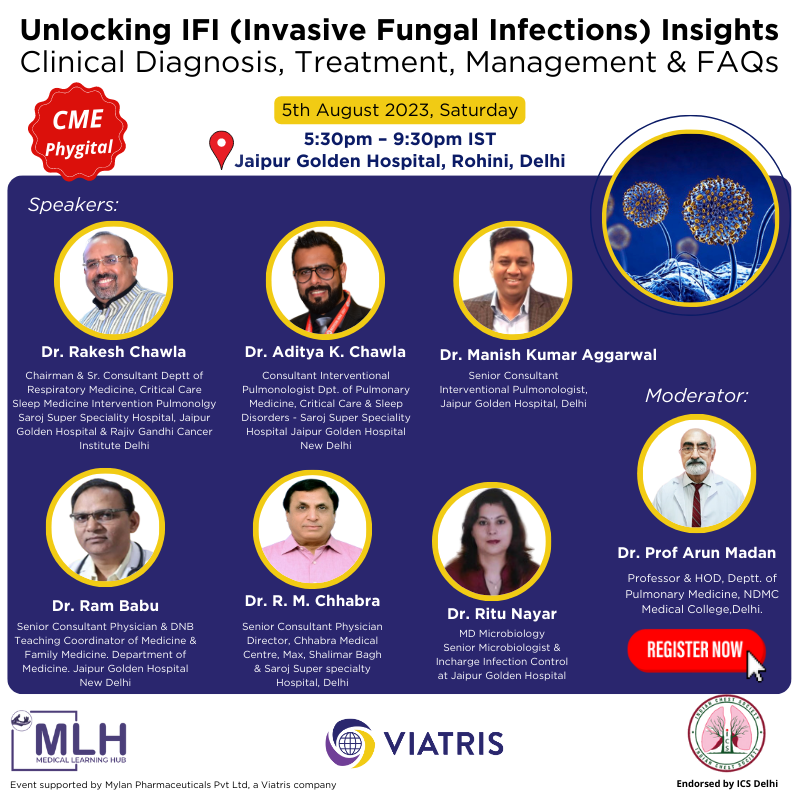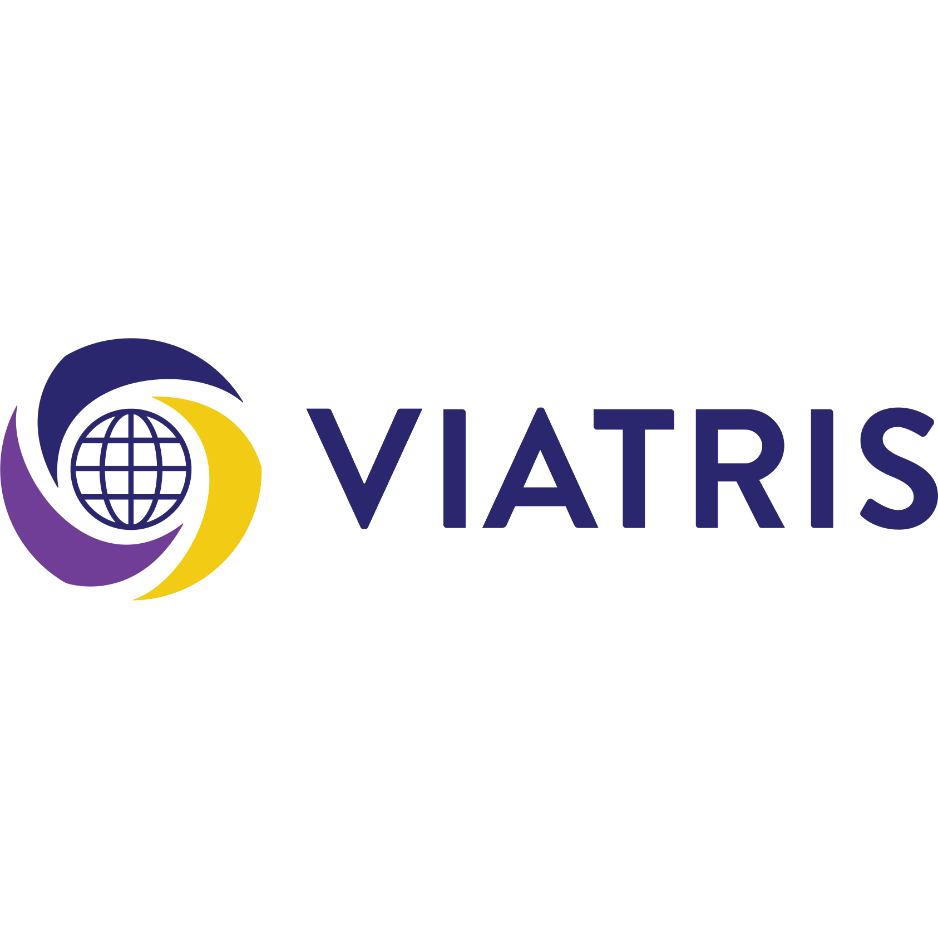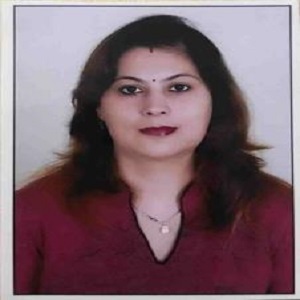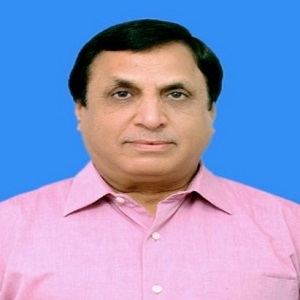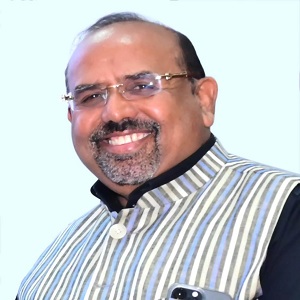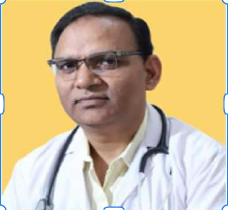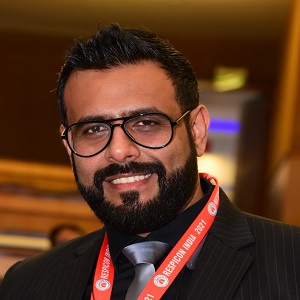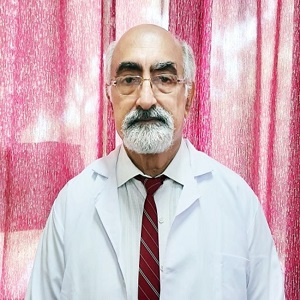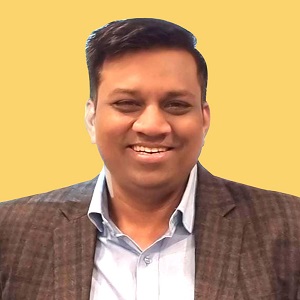Module 1: Introduction & Inaugral address: Dr Shubhi from Medical Learning Hub welcomed all the participants, speakers and the panelist. The session was inaugrated by Dr Rakesh Chawla. He also described how we can tackle invasive fungal infections in patients.
Module 2: Invasive Fungal Infection: the global burden – are we prepared: Dr Rakesh Chawla talked about the global burden of IFI, Key points of the discussion were:
- Concerns about invasive fungal infection
- Awareness about invasive fungal infection
- HIV and Fungal infections
- Global burden of acute invasive
- Early diagnosis and appropriate therapy are vital; management can be extended for over 15 days or longer depending on clinical response.
- New antifungals are being developed and prioritized; collaboration among scientific bodies and funding agencies is essential.
- Fungal infections exhibit unique characteristics, often combining features of bacteria and viruses, necessitating distinct approaches to diagnosis and treatment.
- Raising awareness and knowledge sharing through gatherings is crucial to effectively combat fungal infections.
Module 3: Burden of fungal infection in COPD patient & role of clinical examination: Dr. Aditya Chawla, discussed about burden of fungal infection in COPD patients. Key oints of discussion were:
- Mould risks
- Yeast risks
- Pulmonary syndrome
- Sino facial syndrome
- sepsis
- Skin syndrome
- CNS syndrome
- Sputum examination for Aspergillus
- Bulk electrominant
- Diagnostic Challenges and GM Testing:
- Antigenemia testing (GM)
- Algorithm for Diagnosis
Module 4: Empirical antifungal therapy: What guidelines say and what happens in practice- Dr. Manish Aggarwal discussed about the empirical antifungal therapy. Key points of discussion were:
- Surviving sepsis guidelines 2021
- Opportunistic Fungi
- Time to immediately start an empiric antifungal therapy in an ICU patient
- If the patient exhibits signs of septic shock and is on maintenance hemodialysis
- If the patient is still febrile and did not respond to broad-spectrum antibiotics
- Invasive Candidiasis
- Diagnosis
- Treatment strategies
- Management of IC at other sites
Module 5: Role of Posaconazole in management of invasive aspergillosis: Dr. R M Chhabra discussed about management of invasive aspergillosis. Key points of discussion were:
- Types of Aspergillosis
- What is IA
- Risk Factors of IA
- How to treat IA – recommended antifungals
- Posaconazole – brief introduction/ MOA/PK-PD/ dosage
- Role of Posaconazole in IA – different aspects
- Voriconazole vs Posaconazole
Module 6: Azole Resistance: is it for real- Dr Ritu Nayar, discussed about Azole Resistance. Key points of discussion were:
- Antifungal Drug Classification
- Targets of Antifungal drugs
- Antifungal drugs Mechanism of Action
- Azole Resistance – A brief Introduction
- Antifungal drug resistance : Global scenario
- Azole resistance : Global scenario in Aspergillus spp.
- Azole Resistance In India
- Resistance Mechanisms of A. fumigatus to AZOLES
- Impact of Azole resistance on clinical Management.
- Mortality Rate due to Azole resistance
- Diagnosis of Azole‑Resistance
Module 7: Candida infection management with Echinocandins (with special emphasis on symptomatic candiduria)- Dr Ram Babu discussed about Candida infection. Key points of discussion were:
- Echinocandins are typically not recommended for the treatment of UTI, because they are not well-excreted in the urine.
- However, in some cases, echinocandin therapy may be effective for patients with UTI caused by Candida species.
- Further studies are required to confirm the preliminary successes seen in case reports: however, echinocandins may be considered as alternative treatment options for patients who are unable to receive recommended therapies for fungal UTI.
- Out of the available echinocandins, micafungin seems to have the most promising data. Optimal dose and length of therapy for echinocandins in UTI remains to be determined
Module 8: Panel discussion: The Panel discussion was moderated by Dr Arun Madan with Panelist Dr Rakesh, Dr Aditya, Dr Ram Babu, Dr Ritu Nair and Dr R M Chhabra. Some of the questions were:
- Could you summarize why global burden of INVASIVE Fungal Infections are rising compared to Fungal colonization with special reference to our Country?
- How does Fungal colonization take place in immunocompromised patients?
- What is your empirical antifungal of choice? (not guidelines, but from your quarter century plus experience)
- In which situations would you consider LIPOSOMAL AMPHOTERICIN B?
- How may phenotyping of COPD (As encouraged by recent GOLD updates) help us to suspect FUNGAL INFECTION in COPD?
- Kindly give some symptoms/ signs pointers that may be unique to a COPD patient suffering Invasive Fungal Infections
Module 9: Vote of thanks: Dr Shubhi from Medical Learning Hub delivered vote of thanks thanking all the participants and speakers.
We wish you a great learning experience
We thank Mylan pharmaceuticals Pvt Ltd- a Viatris company for supporting this CME.
Inaugural address: Dr Rakesh K Chawla
Scientific session:
-
Invasive Fungal Infection – The global burden – Are we prepared- Dr Rakesh K Chawla
Chairperson: Dr. Rajiv Diwan, Dr. V.K. Singh, Dr. Arun Madan
-
Burden of fungal infection in COPD patient & role of clinical examination- Dr. Aditya Chawla
Chairperson: Dr V.K Singh, Dr. Akshit Mittal, Dr. Paras Passi
-
Empirical antifungal therapy: What guidelines say and what happens in practice- Dr. Manish Aggarwal
Chairperson: Dr. Monika Vasudeva, Dr. Vandana Diwan, Dr. Praveen Bhatia
-
Role of Posaconazole in management of invasive aspergillosis- Dr. R M Chhabra
Chairperson: Dr. N.N. Jha, Dr. Rakesh Sood, Dr Gaurav Bansal
-
Azole Resistance – is it for real- Dr Ritu Nayar
Chairperson: Dr. Manoj Sareen, Dr. Shweta Juneja, Dr. Garima Khurana
-
Candida infection management with Echinocandins (with special emphasis on symptomatic candiduria)- Dr Ram Babu
Chairperson: Dr. P.S. Nayyar, Dr. Amit Johri, Dr. Vivek Rana
Panel Discussion & Question & answer
Panelists: All speakers
Moderator: Dr. Prof Arun Madan






